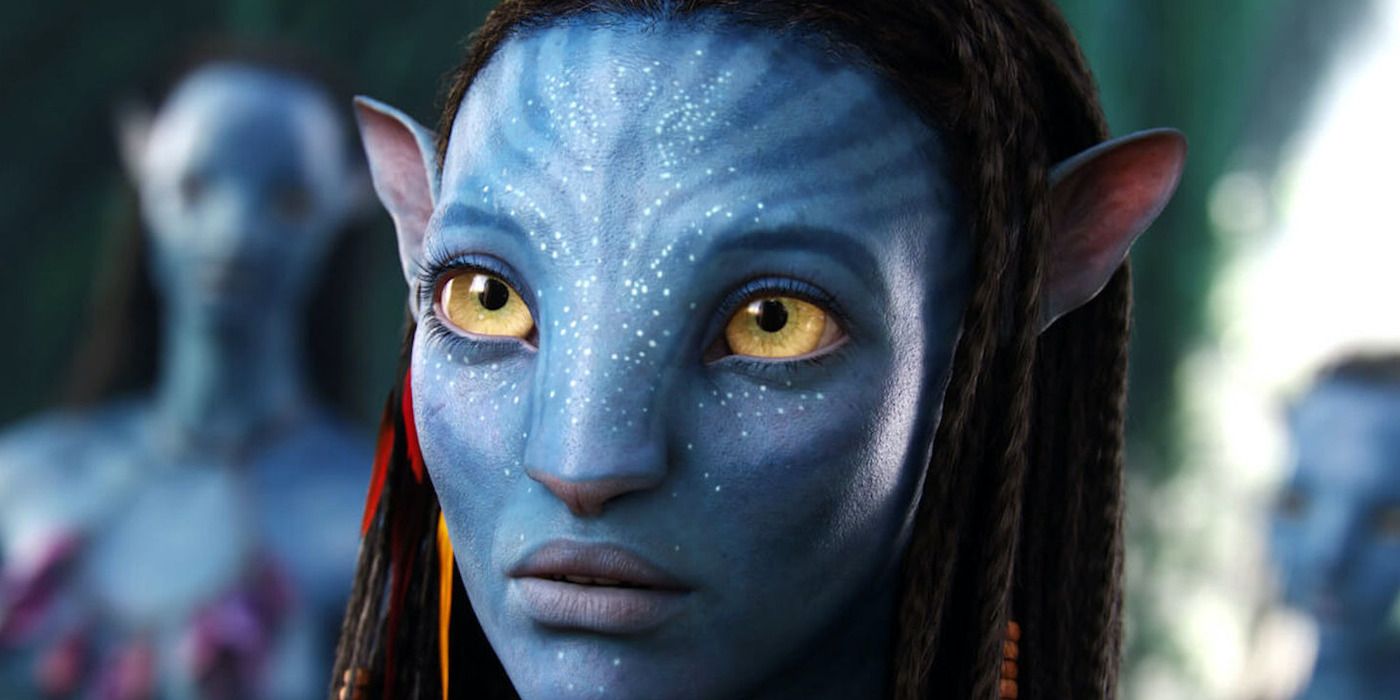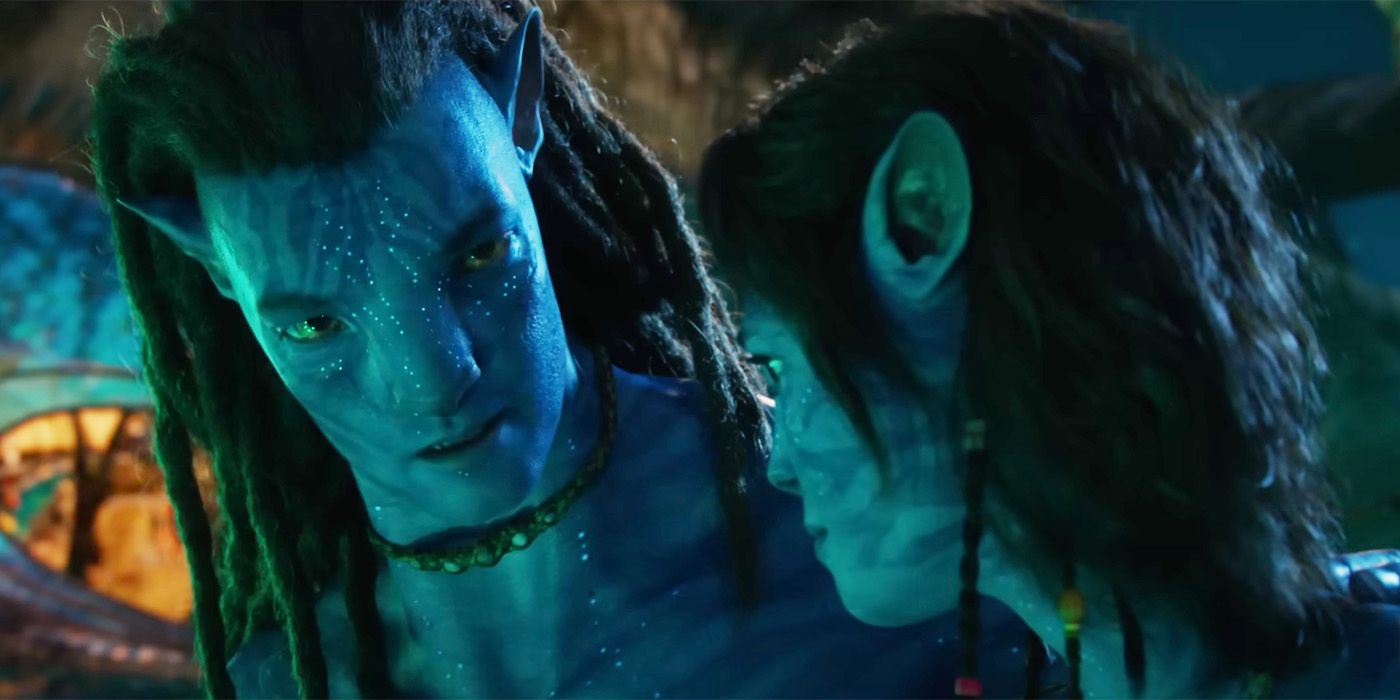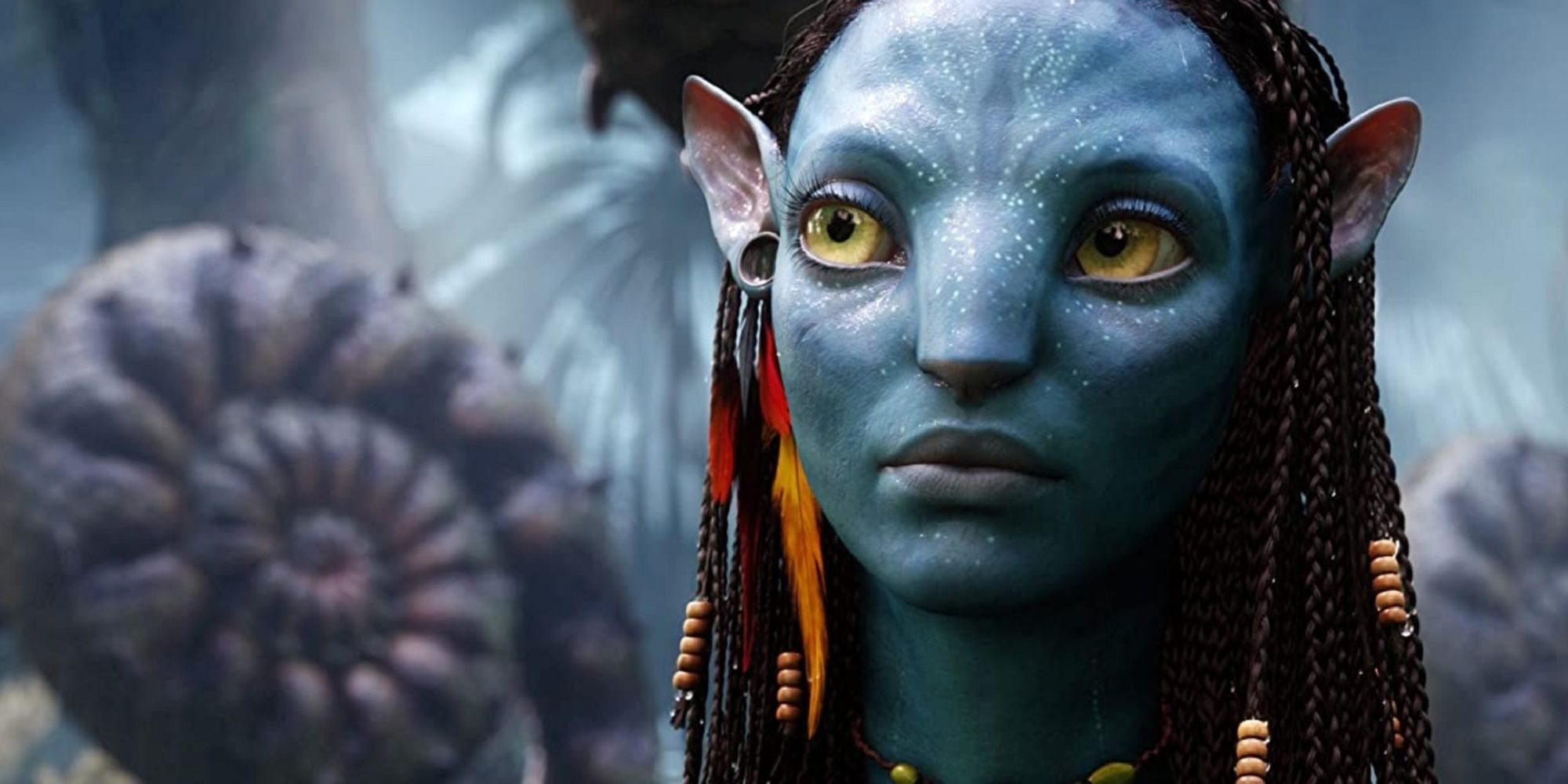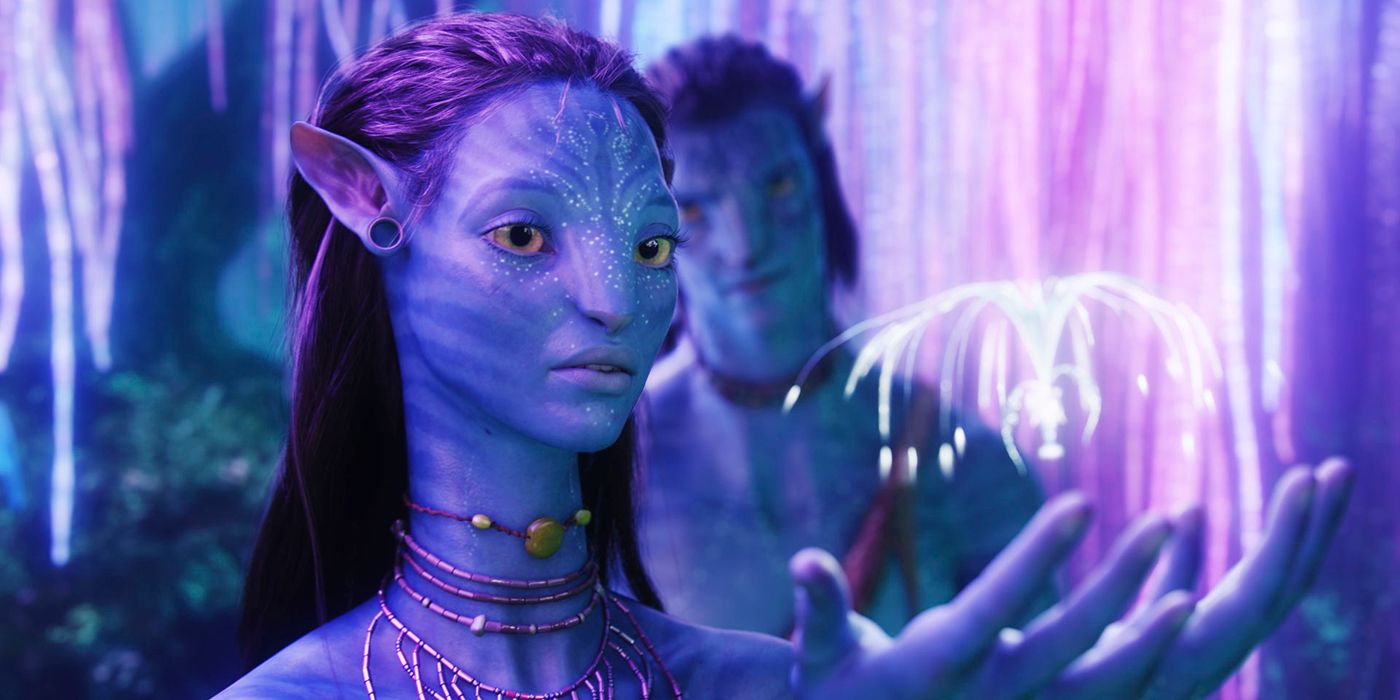The impending release of Avatar: The Way of Water has reignited discussions about why James Cameron’s original film was such an anomaly in nearly every way imaginable. The film’s unprecedented box office success, its use of emerging 3D technology, and its critical acclaim defied any expectations that doubters may have had. Everyone should have learned by now to never doubt Cameron, who managed to conceive of the entire world of Pandora on his own. There aren’t many other films that have grossed over $1 billion that aren’t sequels, comic book adaptations, reboots, or fairy tales; in fact, one of the only other ones that is similarly original is Cameron’s other blockbuster, Titanic.
Even though the purchase of 20th Century Fox means that the future of the Avatar franchise resides with The Walt Disney Company, the original film definitely stands against expansionism, colonialism, corporate greed, environmental destruction, militarism, and xenophobia. In an era where franchises are traded by corporations that are adverse to inserting messages that could diminish the box office results in certain territories, Cameron made a staunch, emphatic statement about his beliefs that somehow became the biggest movie of all time. Not every filmmaker practices what they preach, but Cameron has shown throughout his career that he truly cares about the issues he brings up in Avatar.
The messages of Avatar aren’t just tacked on to ascribe meaning to a film that doesn’t have anything else to say; Cameron is an activist who has never been afraid to speak his mind. His efforts to raise awareness of environmental issues and promote emerging technology is beautifully intertwined within the text of Avatar. This is a world that he clearly cares about; James Cameron spent over a decade developing the mythology, culture, and language of Pandora.
James Cameron Is a Prominent Activist
It’s not unusual for celebrities to associate themselves with political causes, but Cameron has spent time discussing why he holds his beliefs. Following the massive success of Avatar and his rising popularity, James Cameron began promoting the idea of a vegan diet due to his concerns about the effects on the ecosystem. Cameron isn't forcing anyone to choose a certain diet, but he’s clearly done his research on “the entire contract between the human species and the natural world." He’s continued this cause by funding environmentally friendly education programs and encouraging other filmmakers to join him.
It’s no surprise that Avatar is so environmentally cautious. In fact, Cameron’s technological advances were so impressive that he attracted government attention. James Cameron was asked to advise on the aftermath of the 2010 oil spill, and how further catastrophes could be avoided.
Avatar is a film that celebrates the use of technology for the use of good; it shows that science is best used for exploration and invention, not violence and warfare. One of the reasons that the space sequences feel so realistic is because James Cameron sits on the NASA Advisory Board. In addition to helping build 3D cameras that could be used for exploratory and educational purposes, Cameron has made several scientific documentaries.
With 'Avatar,' James Cameron Delivered His Message in Plain Sight
Even if you weren’t aware of Cameron’s history, Avatar couldn’t be more blunt. At the time of its release, he stated that the way that “human history has always worked is that people with more military or technological might tend to supplant or destroy people who are weaker.” It’s a disturbing parallel to the genocide of indigenous people, but Avatar offers a counternarrative. Jake Sully (Sam Worthington) proves that the Na’vi and their embrace of the natural world have what it takes to beat more advanced opponents.
Cameron has often noted the power of science fiction to commentate on recent events; in his documentary series The History of Science Fiction, Cameron discussed with George Lucas the way that Star Wars was a response to the Vietnam War. Similarly, he saw Avatar as a commentary on the Iraq conflict and Americans’ “moral responsibility.” It’s a quality that hasn’t just attracted the praise of film critics; Avatar was celebrated by Evo Morales, the first indigenous president of Bolivia, who praised the film’s "profound show of resistance to capitalism and the struggle for the defense of nature.”
The final conflict in Avatar comes when Colonel Quaritch (Stephen Lang) and his soldiers threaten to destroy the Hometree, the center of the Na’vi ecosystem. Not only is it a spiritual hub that has deep religious connotations, but it’s an important part of their environment. The cruelty of the military to destroy a landmark in order to make economic gains couldn’t be more timely. Cameron makes it clear that this isn’t a matter of ignorance, but of willful destruction. Despite being repeatedly informed about the ramifications of the Hometree’s destruction by Dr. Grace Augustine (Sigourney Weaver), Quaritch refuses to end his mission.
In 'Avatar,' Pandora Is a Living World
The craft that was paid into fleshing out the environment of Pandora may have been created digitally, but it bears a resemblance to some of nature’s most beautiful sights. The Chinese Zhangjiajie National Forest Park served as the direct inspiration for the Pandoran wilderness, and has encouraged more people to visit tourist destinations. Cameron has even helped raise awareness of these natural beauties by opening an immersive Avatar exhibit. It once again used emerging technology to create an unprecedented experience that the Avatar fanbase has been very receptive of.
There might not be any way that Avatar: The Way of Water will live up to expectations; it's already the most expensive movie ever made. Regardless of how the film is received by critics and audiences, Cameron is a titan in more than just the film industry. The work that he’s done to promote important causes should be held in the same regard as his many classic films.




